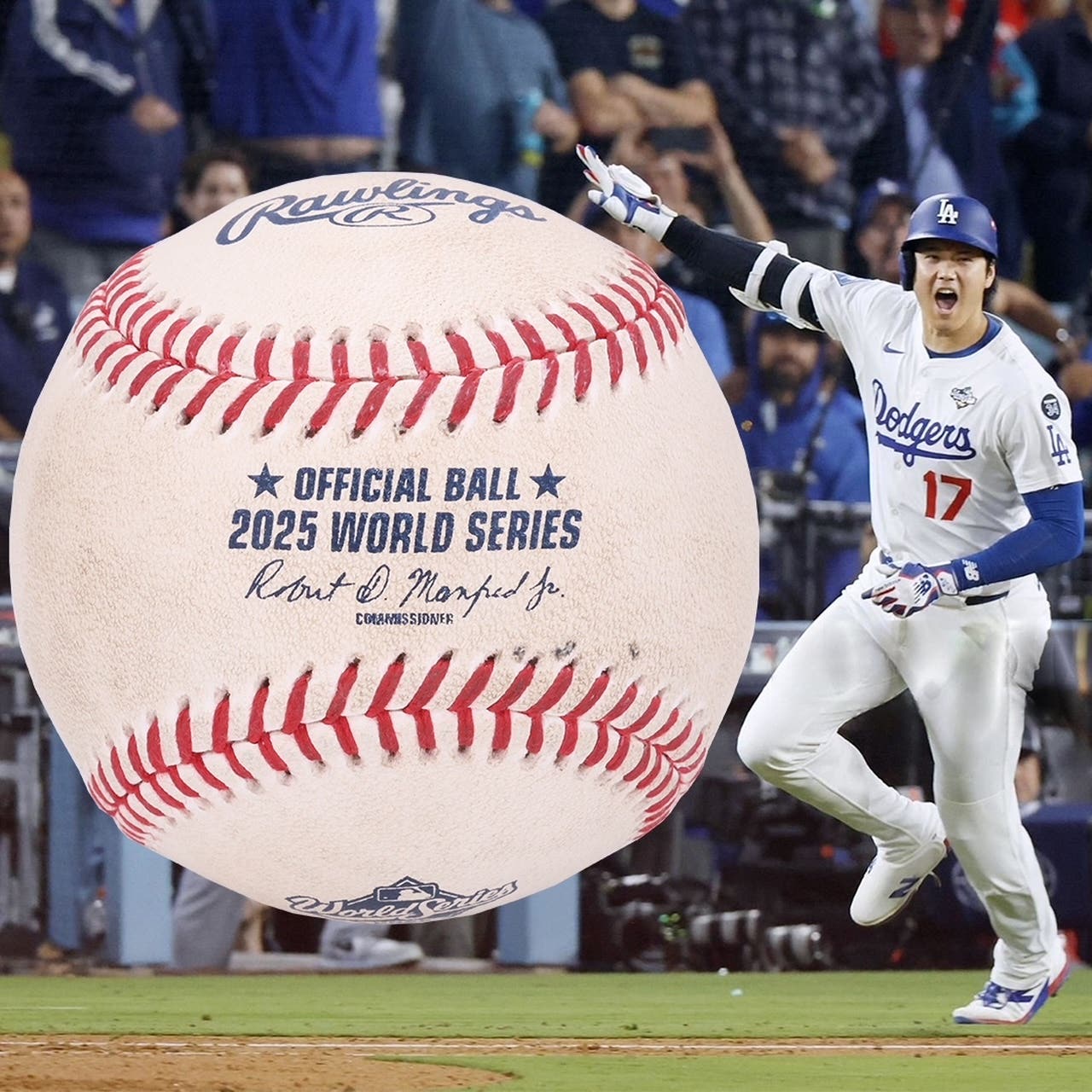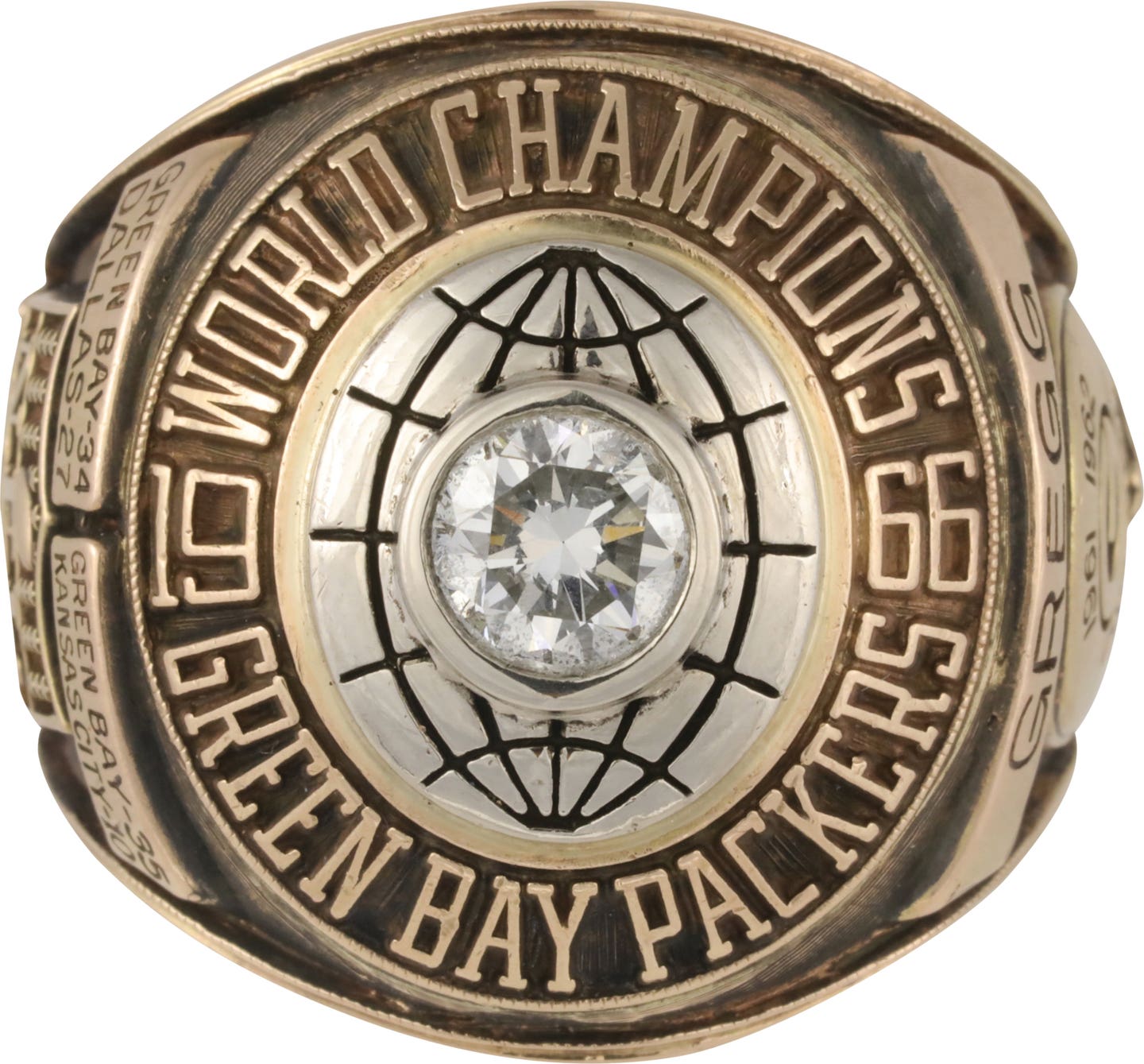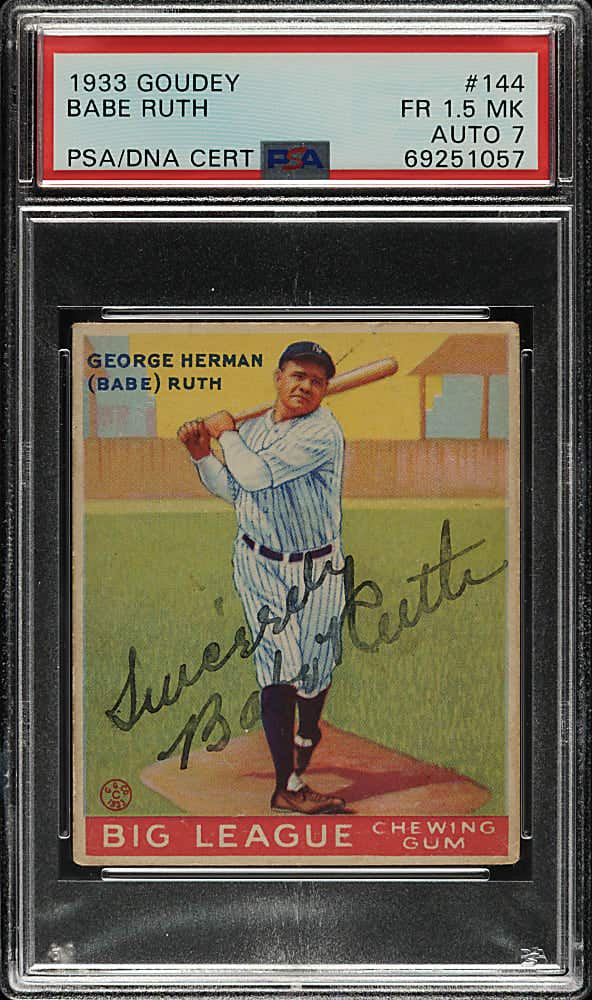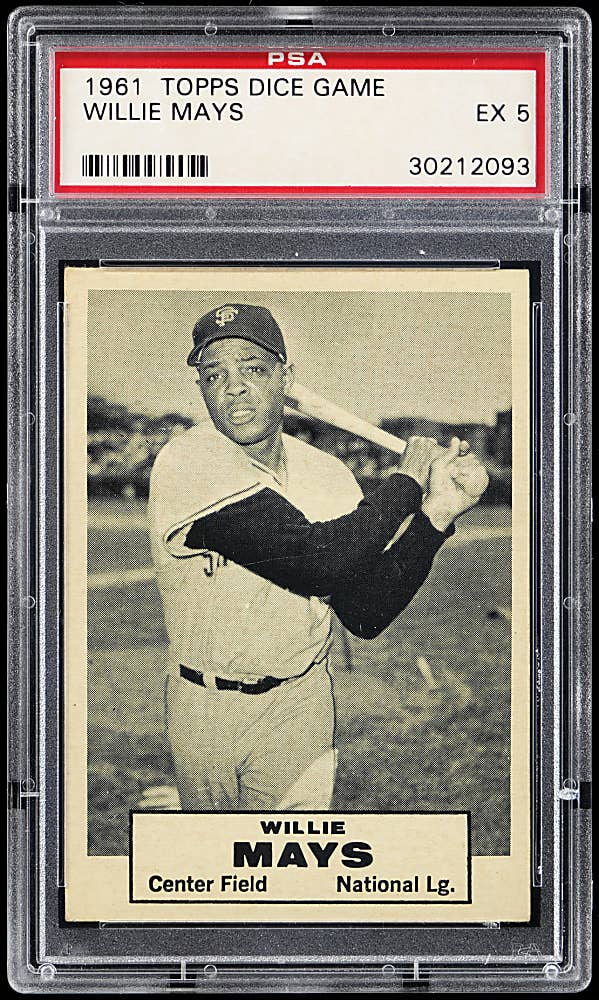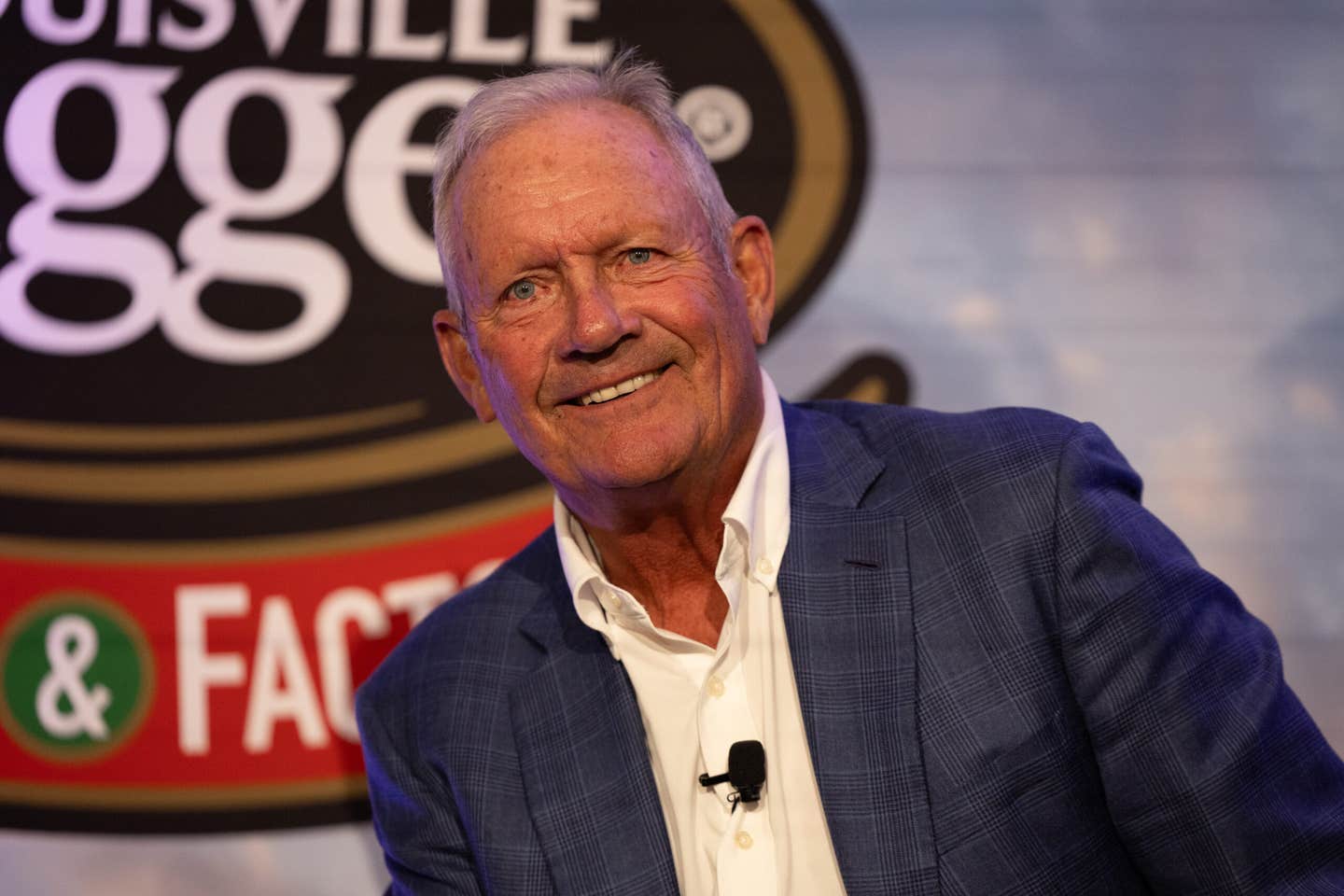Memorabilia
Steiner Sports brings Yankees, Mets memorabilia to auction
The Yankees-Steiner and Mets-Steiner collectibles relationships have now reached a point of critical mass as they come together for the Crosstown Auction that ends Nov. 1 at auction.steinersports.com. There are 300 lots in the auction, most of them game-used jerseys and pants from the Yankees, with some gamers from the Mets, plus a variety of items from Shea and Yankee stadiums.
Leading off the auction are game-used jerseys from Roger Clemens, Alex Rodriguez, Derek Jeter and Hideki Matsui. Several dozen more gamers from the Bronx are included, plus two dozen game-used bats and a dozen hats or helmets. Game-used shin guards, duffle bags, bases and plates, lineup cards and game-used baseballs that are single-signed are also in the auction. Rounding out the Yankees memorabilia are chairs from the Yankee Stadium home clubhouse - about a dozen in all.
The Mets get plenty of attention, too. Game-used jerseys from David Wright, Pedro Martinez, Jose Reyes and Carlos Beltran are front and center, plus another 25 shirts. Then there are Mets hats, duffle bags, game-used/single-signed baseballs, bases, lineup cards and other assorted goodies.
Steiner Sports partnered with Grey Flannel last year for an auction of Yankees memorabilia, but this is the first Yankees/Mets memorabilia auction, and Steiner Sports' first major solo catalog event centered around the groundbreaking agreements. The auction catalog was included with SCD's Oct. 20 issue and was also mailed to Steiner customers.
Sean Mahoney, executive VP of Steiner's Yankees and Mets relationships, said from the high end to the low end, "There's something here for a fan of every player and every budget."
Some of the Yankees-Steiner and Mets-Steiner material has previously found its way to auction or direct sale on Steiner's website, but Mahoney said the company has access to enough memorabilia that it could put together an auction of this magnitude a couple of times a year. "Between the existing merchandise that the Yankees had for years and years that they were sitting on, and the current stuff that we get from both teams, there's definitely enough content to do that," he said.
There are other aspects to the Yankees and Mets relationships besides selling or auctioning memorabilia. "We create experiences at both stadiums," Mahoney said. "For example, at Shea Stadium, we provide a child the opportunity to get on the field and hang out with the team during batting practice. We do on-the-field clinics at both stadiums, and locker room tours."
But the sale of memorabilia is really at the heart of each agreement. To a large degree, Steiner Sports is teaching the teams how to market their equipment and stadium artifacts in a way that creates revenue and also offers the fans a piece of the action.
"They would never know that something that to them was as meaningless as a directional sign from the stadium that says where the food court is, or where Monument Park is, that a collector would pay upwards of $1,000 for that, to hang in their sports room," Mahoney said.
Another example: Wooden trunks that were used by the Yankees staff to hold equipment. Mahoney said they're actually an insert from a steamer trunk that the Yankees used to transport equipment. The auction description points out that the wooden crate "could have carried the equipment of Yankees greats such as Mattingly, Mantle, Nettles."
But, as Mahoney said, "To the Yankees, it was just taking up space in their storage room."
There' s also a champagne bottle, emptied in a celebration after the division title was clinched in Boston in 2005. It was their last celebration of that season, but it's still a Yankees collectible.
Steiner Sports is also in the process of teaching colleges like Syracuse and Notre Dame how to market and sell their memorabilia, and in those cases, the schools get the additional benefit of real-life experience for the students in learning how to market products. Mahoney said the colleges have a financial interest, as well. "For the colleges, this is a great way for them to recoup some of the money they spend on equipment," Mahoney said. "Anything they turn over to us, and we in turn market and sell, we're helping the school out by replacing the hard cost."
The other benefit for pro teams or colleges is that Steiner helps them meet the demand for this material in a way that gets real, authenticated items to collectors and fans. "There's a demand for this material," Mahoney said. "Other than items sneaking out of the back door or the clubhouse, there's not a way to get authentic game-used merchandise from these teams."
And there has been a problem with fake merchandise in the marketplace being offered as game-used. Steiner Sports has been quietly trying to inform the hobby about problems with fakes while trying to stop short of declaring that all memorabilia from the two teams is only real if it's from Steiner Sports.
"The problem has surfaced more with the Yankees than anybody else because their merchandise is in more demand than other teams," Mahoney said. "One of the more positive aspects to come out of our relationship is that we're educating fans that unless an item has a Yankees-Steiner letter with it, there's a chance that it may be suspect."
At a minimum, Mahoney said, items that reach the marketplace without going through Steiner should be fully researched by collectors because most of the teams' memorabilia has been procured by Steiner for this relationship.



